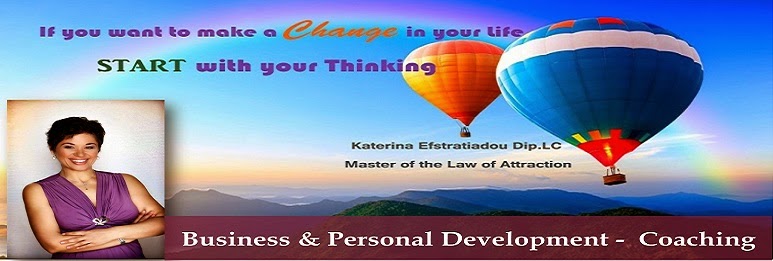Aristotle was the most practical and business-oriented of all philosophers who asked ethical questions.
You may tempted to laugh at the idea that a person who's been dead for nearly 2,400 years has anything practical to say about modern organizations. However, Aristotle remains relevant because he is particularly interested in defining principles in terms of the ethics of leadership.
In his Nicomachean Ethics, Aristotle concludes that the role of the leader is to create the environment in which all members of an organization have the opportunity to realize their own potential.
He says that the ethical role of the leader is not to enhance his or her own power but to create the conditions under which followers can achieve their potential.
Of course Aristotle never heard of a large business or corporation.
Nonetheless, he did raise a set of ethical questions that are directly relevant to ANY leader who wish to behave in ethical ways.
Here are some of them. (I'm only slightly paraphrasing them in turning them from a political context into an organizational context.)
Am I behaving in a virtuous way?
How would I want to be treated if I were a member of this organization?
What form of social contract would allow all our members to develop their full potential in order that they may each make their greatest contribution to the good of the whole?
To what extent are there real opportunities for all employees to develop their talents and their potential?
To what extent do employees participate in decisions that effect their work?
To what extent do all employees participate in the financial gain resulting from their own ideas and efforts?
If you translate Aristotle into modern terms, you will see a whole set of questions about the extent to which the organization provides an environment that is conducive to human growth and fulfillment.
He also raises a lot of useful questions about the distribution of rewards in organizations based on the ethical principle of rewarding people proportionate to their contributions.
Aristotle doesn't provide a single, clear principle for the just distribution of enterprise-created wealth, nor do I believe it would be possible for anyone to formulate a monolithic rule.
Nonetheless, here are some Aristotelian questions that virtuous leaders might ask:
Am I taking more than my share of rewards-more than my contribution is worth?
Does the distribution of goods preserve the happiness of the community?
Does it have a negative effect on morale? Would everyone enter into the employment contract under the current terms if they truly had different choices?
Would we come to a different principle of allocation if all the parties concerned were represented at the table?
Again, the only hard and fast principle of distributive justice is that fairness is likely to arise out of a process of rational and moral deliberation among the participating parties.
All Aristotle says is that virtue and wisdom will definitely elude leaders who fail to engage in ethical analysis of their actions.
He tells us that the bottom line of ethics depends on asking tough questions, and I for one agree wholeheartedly agree.






